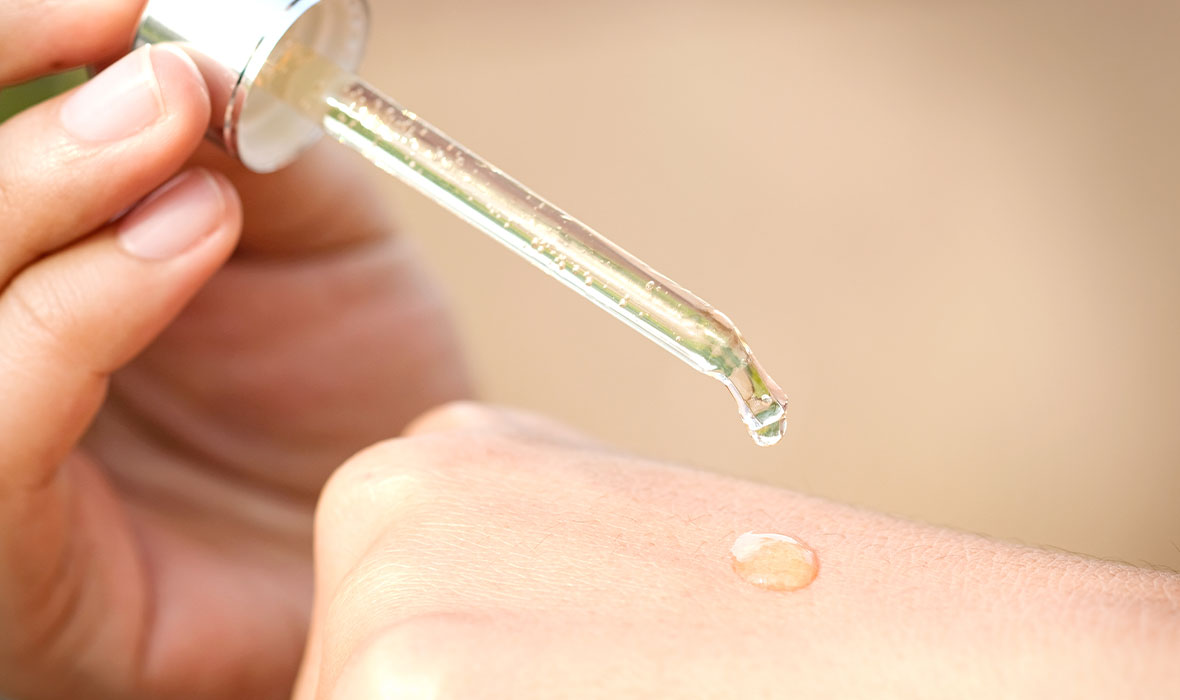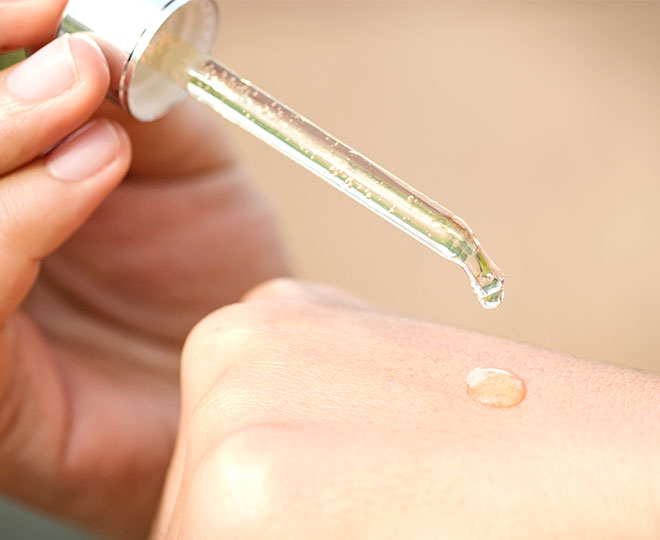Properly dealing with acne isn’t always as simple as applying a treatment and giving it a few days to get better. Sometimes the underlying factors that cause acne can be exacerbated by lifestyle habits, or your overall health. When taking the most comprehensive approach to defending your skin against acne, it’s important to make sure you’re getting the right nutrients in your diet and in your skincare.
Vitamins can be such an easy thing to overlook as you get caught up in the daily grind. Let’s take a deeper look at vitamin c for acne, a nutrient that can provide significant benefits for your skin.
Is vitamin c good for acne?
Vitamin c is an antioxidant that helps optimize your immune system to dampen its inflammatory response in relation to acne. It also promotes skin regeneration by helping to boost your production of collagen, a naturally occurring protein that helps your skin regenerate cells and appear firm. Since collagen depletes as you get older, vitamin c can be a powerful ally in the fight against wrinkles, fine lines, and acne. Here are some other ways vitamin c and acne relate:
-
May help reduce the appearance of acne-related inflammation
Vitamin c’s talents as an antioxidant allow it to assist in neutralizing free radicals and combatting inflammation for a soothing effect. Redness in acne is generally caused by inflammation, so vitamin c can be especially helpful in evening out your complexion if you suffer from inflammatory acne and the accompanying redness and irritation.
-
May improve the appearance of acne scars
Collagen can be found throughout your body, including your bones, muscles, and skin. It’s a vital protein in the healing process, especially for your skin, where it promotes elasticity and fends off the telltale signs of aging. By encouraging collagen synthesis, vitamin c can help restore your skin’s appearance post-acne, even reducing the severity of the look of acne scars and spots, also known as post-inflammatory hyperpigmentation, or PIH.
-
May reduce the appearance of hyperpigmentation
Hyperpigmentation, which includes things like sunspots, age spots, and melasma, is a condition in which your skin overproduces melanin in specific areas, causing discoloration in those spots. Because vitamin c helps inhibit melanin production, it can also help fade and prevent hyperpigmentation, whether it’s caused by acne or not.
Does vitamin c help acne?
Vitamin c shouldn’t be considered an acne treatment or prevention tactic. But it does provide a boost to your body’s essential functions that help you defend against many of acne’s nasty side effects like PIH or scarring. Antioxidants like vitamin c can also help fend off the effects of environmental damage, such as dry skin and a sunburn. Plus, vitamin c for acne-prone skin can be even more helpful, as acne-prone skin can often be challenged by inflammation issues.
How to integrate vitamin c into your skincare routine
Using the ProactivMD® 3-Piece System as an example, let’s take a look at where you can work a non-comedogenic (non-pore-clogging) vitamin c serum into your routine.
Start with the Ultra-Gentle Cleanser to wash away dirt, oil and debris, leaving your skin feeling refreshed and ready for the serum. Now that there’s less debris in the way after cleansing, your skin will be able to absorb the serum more easily.
Apply a vitamin c serum after cleansing, and before treatment or toner.
Follow up the serum with the second step in the ProactivMD 3-Piece System, the Adapalene Gel. Adapalene is a topical retinoid, derived from vitamin a. Like vitamin c, vitamin a is a powerful antioxidant, but its focus is primarily on boosting skin cell turnover – coaxing fresh skin cells to the surface where they replace rougher, older skin cells.
Finish off the routine with the Ultra-Hydrating Moisturizer to seal in the benefits of the serum and the rest of your skincare routine beneath a layer of anti-shine moisture.
The bottom line
Can vitamin c help acne? Though it doesn’t directly treat acne, it can do a great job helping to minimize acne’s byproducts like redness from inflammation and unwanted pigmentation. Try working some vitamin c into your routine in a non-comedogenic serum to boost your routine.


